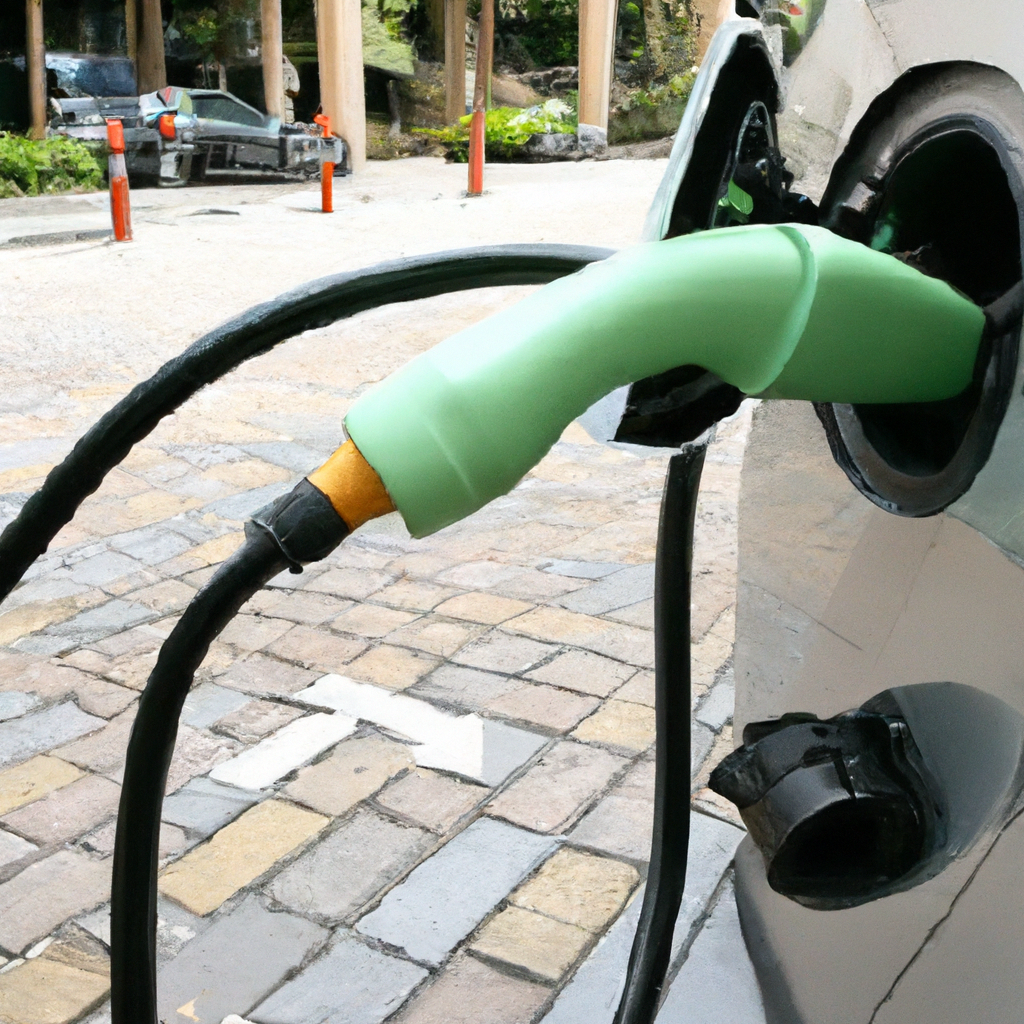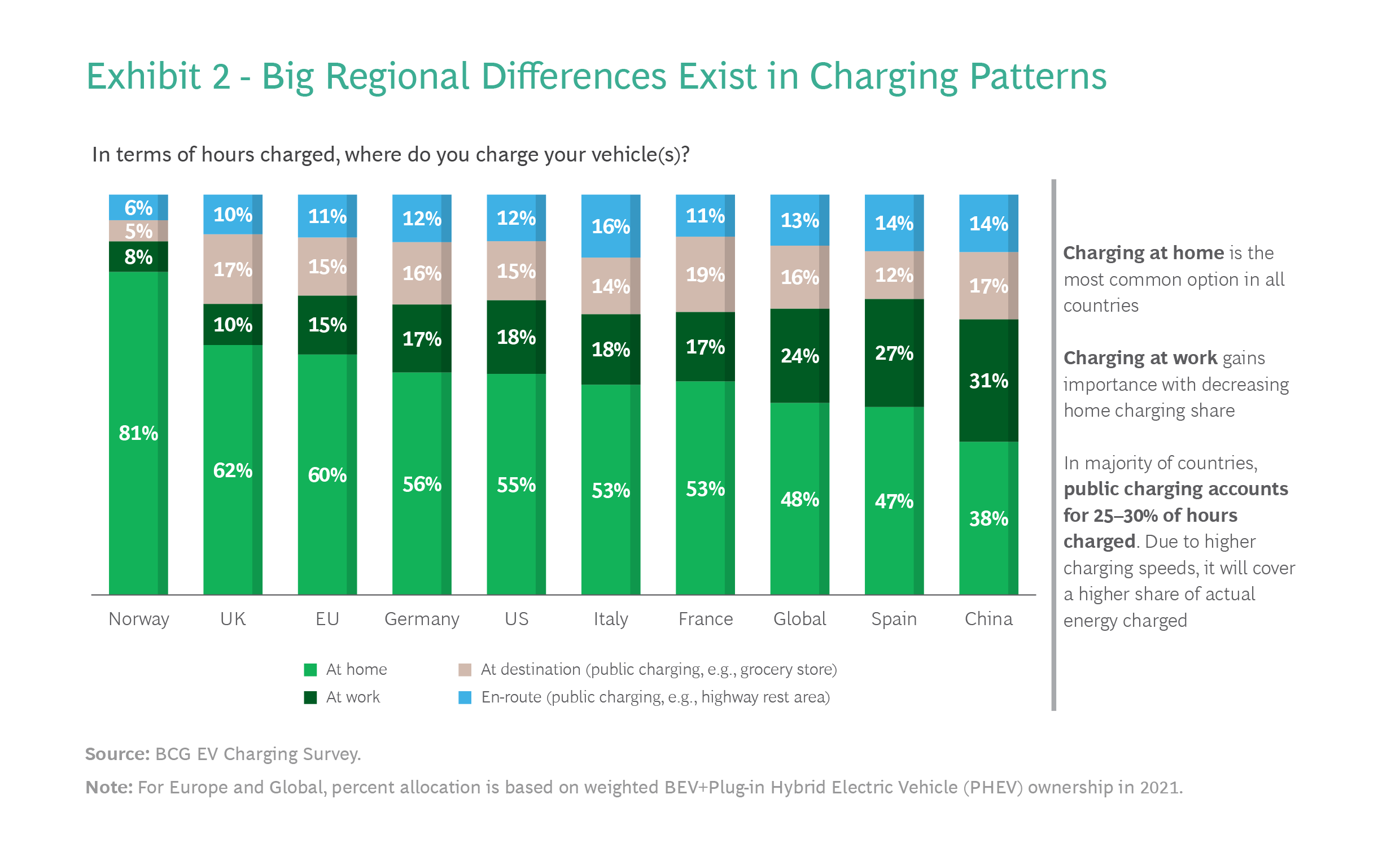What Are The Voltage And Power Requirements For Home EV Charging In Malaysia?
October 11, 2023 | by Jacob Kang
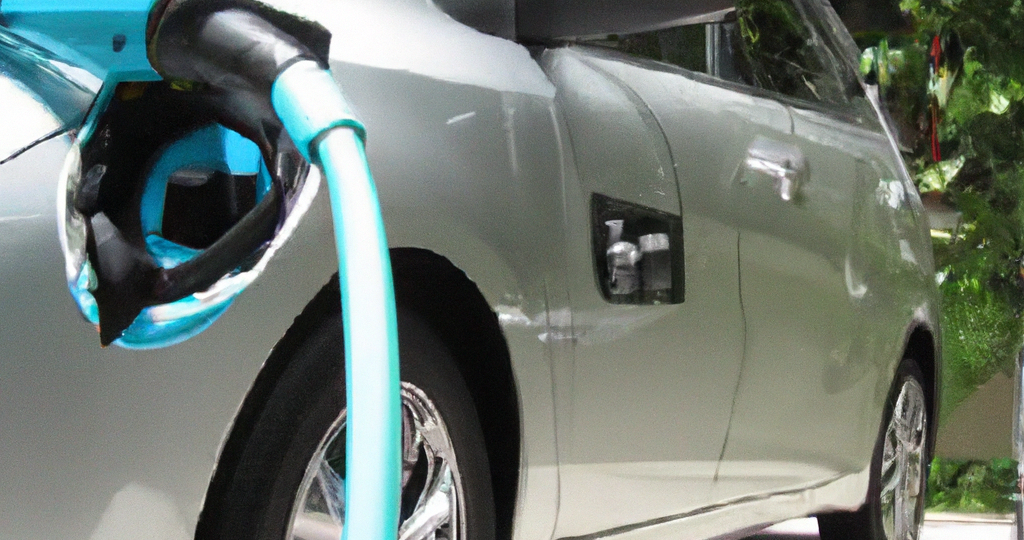
If you’re looking to make the switch to an electric vehicle in Malaysia, one of the essential aspects to consider is the voltage and power requirements for home EV charging. Understanding these requirements is crucial to ensure a smooth and efficient charging experience. In this article, we will delve into the specific voltage and power needs for home EV charging in Malaysia, providing you with the necessary information to make an informed decision and keep your electric vehicle fully charged and ready to go. So, let’s get started and explore the world of EV chargers and their requirements in Malaysia!
Voltage and Power Requirements for Home EV Charging in Malaysia
In recent years, the popularity of electric vehicles (EVs) has been on the rise in Malaysia. As more Malaysians embrace this eco-friendly mode of transportation, it becomes crucial to understand the voltage and power requirements for home EV charging. This article will provide an in-depth analysis of these requirements, along with the different types of EV chargers available and the factors that influence the voltage and power needs. Additionally, we will explore the various EV charging options available in Malaysia.

Understanding EV Charging
Before delving into the voltage and power requirements for home EV charging, let’s first understand the basics of EV charging. Simply put, EV charging refers to the process of recharging the battery of an electric vehicle. This can be done at home, public charging stations, Residential charging stations, workplace charging stations, or even fast charging stations. The charging process replenishes the energy stored in the EV’s battery, allowing it to operate efficiently and effectively.
Types of EV Chargers
EV chargers come in various types, each catering to different charging needs. The most common types of EV chargers include:
-
Level 1 chargers: Also known as trickle chargers, Level 1 chargers are the most basic and commonly available option. They operate at 120 volts AC and provide a charging rate of around 3-5 miles of range per hour. Level 1 chargers are typically plugged into standard household outlets and are suitable for overnight charging.
-
Level 2 Chargers: Level 2 chargers are more powerful than Level 1 chargers and operate at 240 volts AC. They offer a faster charging rate, typically providing 10-60 miles of range per hour, depending on the vehicle and charger specifications. Level 2 chargers require the installation of a dedicated circuit and are commonly found in residential and Public charging stations.
-
DC Fast Chargers: DC fast chargers, also known as Level 3 chargers, are the fastest charging option available. They operate at high voltages, usually 400 volts or higher, and provide a rapid and efficient charging process. DC fast chargers can offer up to 180 miles of range in just half an hour, making them ideal for long-distance travel or when a quick charge is required. However, DC fast chargers are not commonly found in residential settings and are primarily located at public charging stations and rest areas.
Voltage Requirements for Home EV Charging
When it comes to home EV charging in Malaysia, understanding the voltage requirements is essential. The voltage required for charging an electric vehicle at home depends on the type of charger being used. Level 1 chargers typically operate at 120 volts, which is the standard voltage in most Malaysian households. This means that you can conveniently use a Level 1 charger to charge your EV without any special electrical modifications at home.
On the other hand, Level 2 chargers operate at 240 volts, which is typically not available in standard Malaysian households. To use a Level 2 charger at home, you will need to consult with an electrician to install a dedicated circuit with the required voltage. This ensures that your home’s electrical system can handle the additional power demands of the Level 2 charger.
Power Requirements for Home EV Charging
In addition to voltage, power requirements also play a crucial role in home EV charging. The power requirement for charging an electric vehicle depends on the charger’s capacity, measured in kilowatts (kW), and the charging speed desired. Level 1 chargers typically have a power capacity of around 1.4 kW, while Level 2 chargers can range from 3.3 kW to 22 kW or more.
To calculate the power requirements for home EV charging, you need to consider the charging time and the desired charging speed. For example, if you have a Level 1 charger with a power capacity of 1.4 kW and you want to charge your EV for 8 hours overnight, the power requirement would be 1.4 kW x 8 hours = 11.2 kWh.
However, it’s important to note that the power capacity of your home’s electrical system needs to be taken into account. If your electrical panel has limited capacity, you may need to upgrade it to accommodate the power demands of faster chargers such as Level 2 chargers.

Factors Influencing Voltage and Power Requirements
Several factors can influence the voltage and power requirements for home EV charging in Malaysia. These factors include:
-
Vehicle Battery Capacity: The size of your EV’s battery affects the charging time and power requirements. A larger battery capacity will require more time and power to charge fully.
-
Charging Speed: Different EV chargers provide varying charging speeds, ranging from slow overnight charging to rapid DC fast charging. The charging speed desired will determine the power requirements.
-
Charging Frequency: If you frequently charge your EV at home, you may need to consider a Level 2 charger with higher power capacity to ensure faster charging times.
-
Electrical System Capacity: The capacity of your home’s electrical system, including the electrical panel and wiring, must be capable of handling the additional power load of EV charging. Upgrades may be necessary to accommodate faster charging options.
Available EV Charging Options in Malaysia
Malaysia offers a range of EV charging options to cater to the growing demand for electric vehicles. These options include:

1. Public Charging Stations
Public charging stations are strategically located across Malaysia, making it convenient for EV owners to charge their vehicles on the go. These stations usually offer Level 2 chargers, allowing for reasonably fast charging speeds. Public charging stations are commonly found in shopping malls, parking lots, and commercial areas, providing EV owners with the flexibility to charge their vehicles while running errands or shopping.
2. Residential Charging Stations
For EV owners who prefer the convenience of charging at home, residential charging stations are an excellent option. These chargers are typically Level 2 chargers that require installation, either on an external wall or in a dedicated charging area. Residential charging stations allow EV owners to charge their vehicles overnight or whenever needed, ensuring a fully charged battery for the next day’s commute.
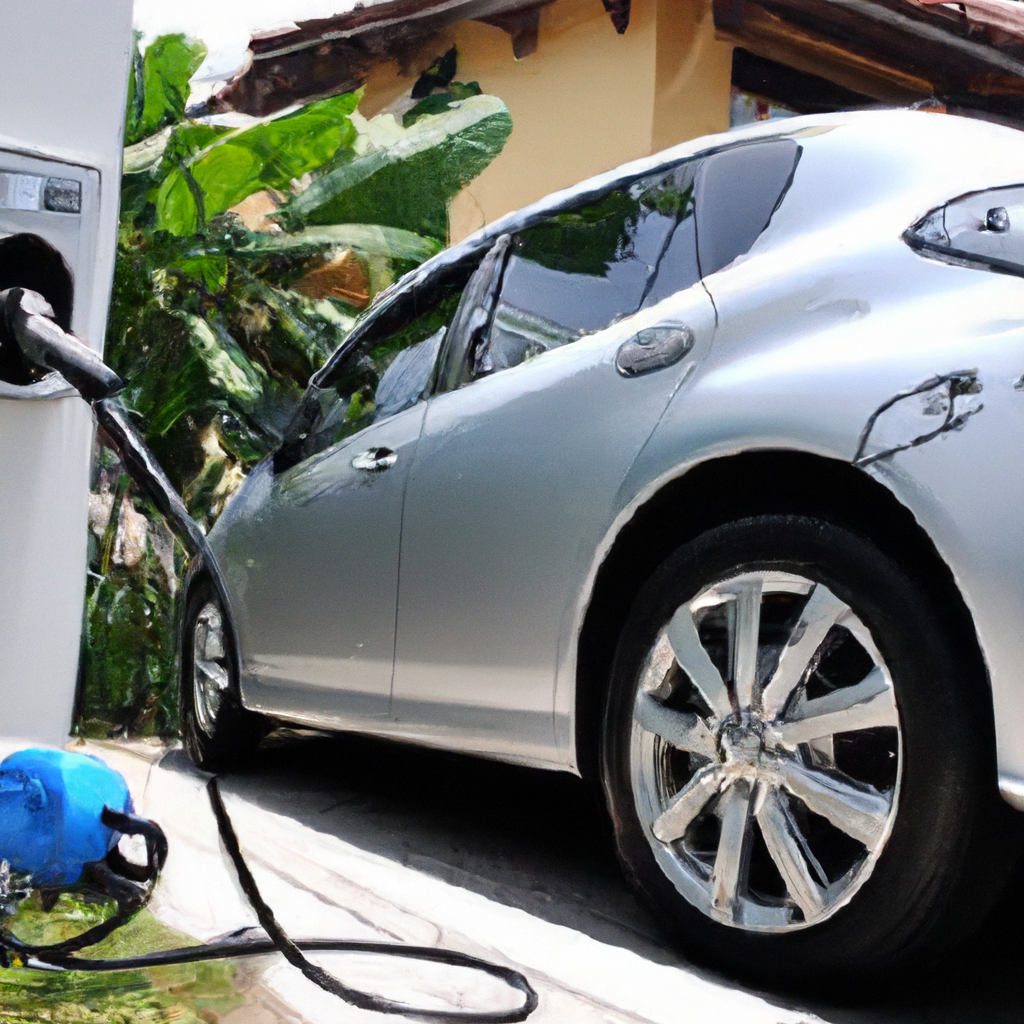
3. Workplace Charging Stations
Many employers in Malaysia have recognized the benefits of supporting their employees’ transition to electric vehicles. Workplace charging stations are becoming increasingly common, providing EV owners with the opportunity to charge their vehicles during working hours. These charging stations are typically equipped with Level 2 chargers, enabling employees to conveniently and efficiently charge their EVs while at work.
4. DC Fast Charging Stations
While not as prevalent as Level 2 chargers, DC fast charging stations are available in Malaysia. These stations provide rapid charging speeds, allowing EV owners to quickly recharge their vehicles during long-distance travel or when time is of the essence. DC fast charging stations can be found at rest areas along highways and major routes, ensuring that EV owners have access to fast and efficient charging options when needed.
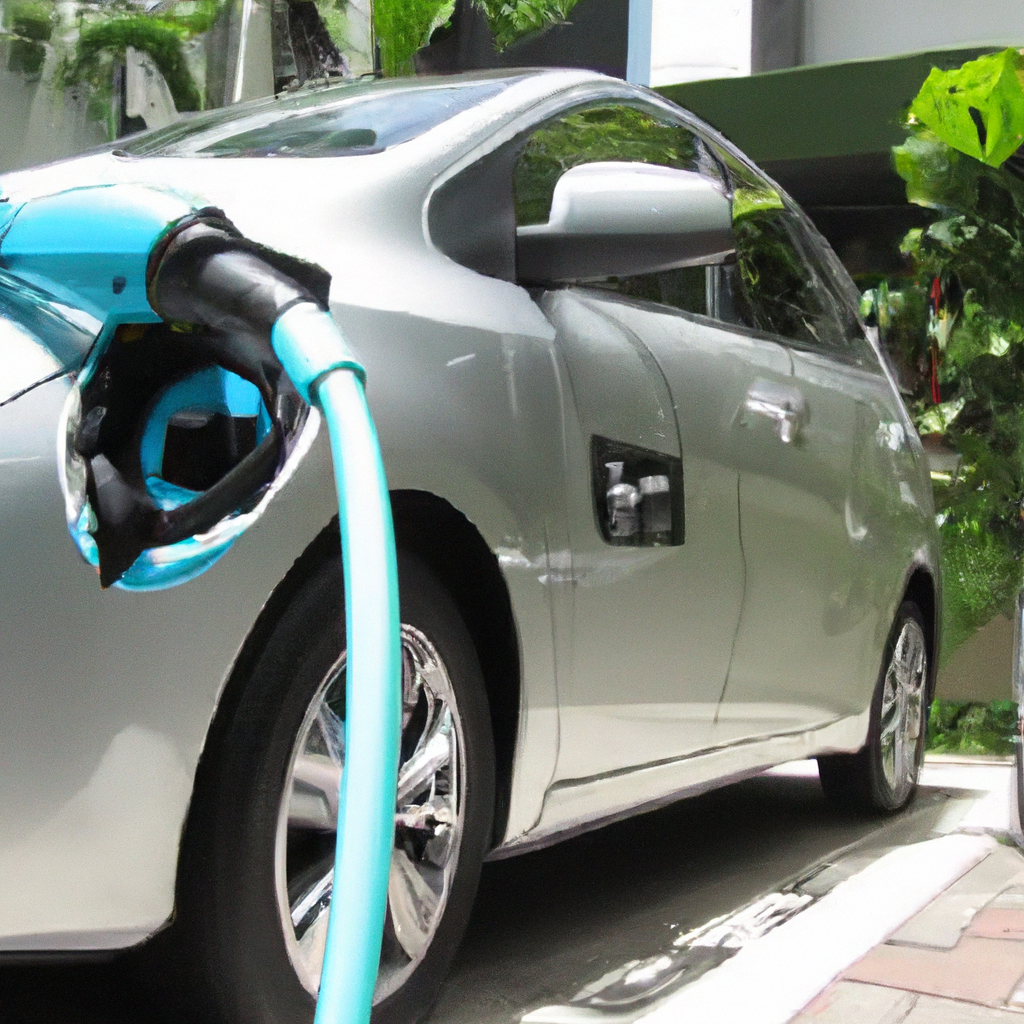
Conclusion
As electric vehicles continue to gain popularity in Malaysia, understanding the voltage and power requirements for home EV charging becomes essential. Choosing the right type of charger, considering voltage and power needs, and understanding the factors that influence these requirements are vital steps in ensuring efficient and effective charging for your EV. With the various EV charging options available in Malaysia, including public charging stations, residential charging stations, workplace charging stations, and DC fast charging stations, EV owners can conveniently and reliably charge their vehicles to enjoy a seamless and eco-friendly driving experience.
RELATED POSTS
View all
